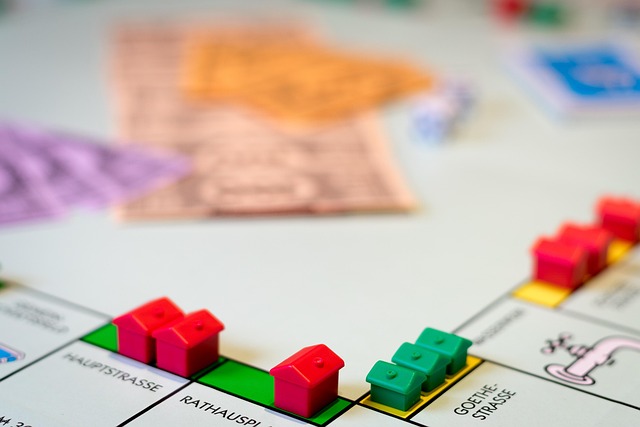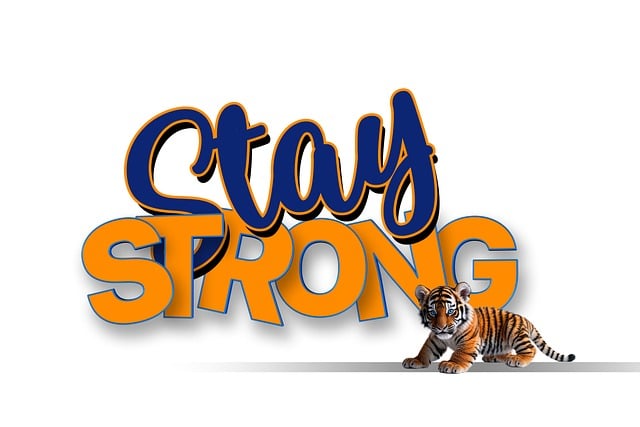Co-dependency, a common issue in families with addicted members, creates unhealthy dynamics and sacrifices individual well-being. Support groups offer safe spaces to learn about addiction, while holistic wellness programs combine yoga, meditation, nutrition, and rehabilitation for comprehensive help. Family therapy addresses interconnected family issues, equips skills for early sobriety, and manages crisis situations. Effective communication, learned through co-dependency support groups, helps reframe negative thoughts and set healthy boundaries. Integrating holistic practices strengthens healing, provides alternative coping, and enhances resilience in families dealing with addiction.
Family therapy sessions play a pivotal role in the recovery process, focusing on healing relationships, improving boundaries, and enhancing communication dynamics. Co-dependency, often present in families with an addicted member, creates unhealthy patterns that require specialized attention. This article explores these challenges and offers insights into how family therapy can break free from co-dependent behaviors, providing crucial support for both addicts and their loved ones, including those engaged in co-dependency support groups.
Through understanding the impact of co-dependency and adopting effective communication strategies, families can foster a healthier environment conducive to recovery.
- Understanding Co-dependency and Its Impact on Families
- The Role of Family Therapy in Recovery
- Effective Communication Strategies for Healthy Boundaries
Understanding Co-dependency and Its Impact on Families

Co-dependency is a complex issue that often affects families with loved ones struggling with addiction. It’s more than just enabling; it’s a pattern of unhealthy relationships and behaviors where individuals become overly involved, worried, or responsible for another person’s behavior, especially in cases of addiction. In these situations, family members may unconsciously adapt to the addict’s needs, sacrificing their own well-being and mental health. This can create a vicious cycle where the family dynamic becomes imbalanced, and healthy boundaries are absent.
Supporting loved ones dealing with an addict’s struggle is essential, but it should be approached with care. Co-dependency support groups for families provide a safe space to learn about addiction, understand its impact, and develop strategies for healthier interactions. By attending these groups, family members can gain insights into the addiction process, learn to set boundaries, and explore ways to encourage their loved ones’ recovery without taking on their responsibilities. Holistic wellness programs that integrate yoga, meditation, and nutrition alongside evidence-based medications and rehabilitation centers near me offer comprehensive co-dependency support for both the addict and their family.
The Role of Family Therapy in Recovery

Family therapy plays a pivotal role in the recovery journey, especially for individuals dealing with addiction. It provides a safe and structured environment to explore complex dynamics within families affected by substance abuse. By addressing underlying issues such as co-dependency, unhealthy boundaries, and communication challenges, family therapy equips members with the tools necessary to support their loved ones in early sobriety. This therapeutic approach recognizes that addiction doesn’t isolate individuals; it profoundly impacts the entire family system, creating a web of interrelated challenges that require tailored intervention.
Incorporating elements like crisis intervention training and healthy relationships coaching, family therapy helps families recognize and manage emergency situations effectively. Unlike traditional settings, addiction treatment centers specializing in specific substances often integrate family therapy into their programs, recognizing its potential to foster lasting recovery. Through these collaborative efforts, family members become empowered to navigate the complexities of addiction, fostering a supportive environment that strengthens their bond while promoting individual healing.
Effective Communication Strategies for Healthy Boundaries

Effective communication is a cornerstone in establishing and maintaining healthy boundaries within family therapy sessions, especially for those supporting a loved one struggling with addiction or co-occurring disorders. Many times, families struggle with understanding the unique challenges their beloved faces, leading to codependent behaviors. Co-dependency support groups for loved ones of addicts can be immensely helpful in learning effective communication strategies.
By openly discussing feelings and experiences without judgment, family members can begin to reframe negative thoughts and behaviors through cognitive-behavioral therapy (CBT). This process empowers them to set boundaries that promote individual well-being while fostering a supportive environment for their addict loved one. Integrating holistic wellness programs focusing on yoga, meditation, and nutrition further strengthens the healing process by addressing the mind-body connection, offering alternative coping mechanisms, and promoting overall resilience.
Family therapy sessions play a vital role in recovery by addressing co-dependency issues within households, offering crucial support for both the addict and their loved ones. By fostering healthier communication strategies and boundary setting, these sessions help break destructive patterns, enabling families to navigate their unique challenges with strength and understanding. Co-dependency support groups for loved ones of addicts can greatly benefit from integrating these therapeutic practices, ultimately fostering a more harmonious and supportive environment for everyone involved.






